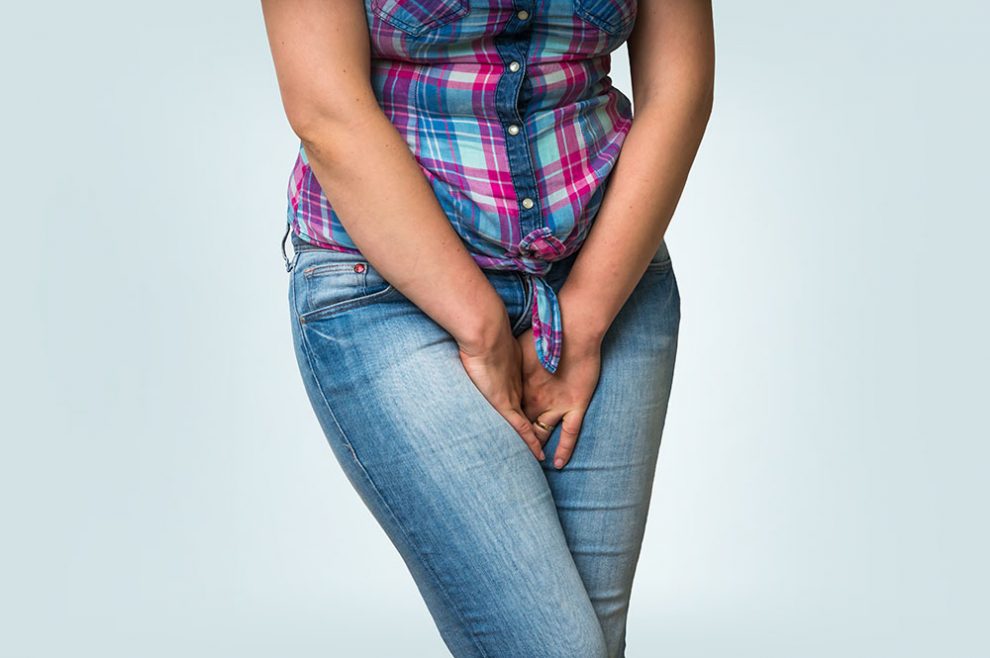One in four Australian adults are incontinent, 80 per cent of them women. Half of these women (1.7 million) are aged 50 and under.
A recent national survey* of 1000 women with bladder leakage found that nearly three quarters (72 per cent) “laughed it off” when talking to other women about the issue.
Alarmingly, 85 per cent of the women who laughed it off mistakenly attributed their bladder leakage to ageing or having children, with 45 per cent not bothering to seek treatment because they didn’t consider it a serious enough health issue.
The Continence Foundation of Australia’s new campaign, Incontinence: no laughing matter, urges Australians to take incontinence seriously, and to seek help to overcome the issue.
Continence Foundation chief executive Rowan Cockerell said incontinence should never be ignored or laughed off.
“Incontinence might be common, but it shouldn’t be considered normal, or a natural part of ageing or having a baby,” Ms Cockerell said.
“It’s disappointing to think people are laughing off or dismissing a problem that, in the majority of cases, can be cured or better managed.
“We know that, left untreated, incontinence will not go away, but will often become a bigger problem as time goes on.
“People who ignore the issue are often unaware of the impact incontinence can have on their lifestyle, whether it’s avoiding exercise or limiting social engagements for fear of an embarrassing accident.
“The good news is treatment usually involves simple lifestyle changes and daily pelvic floor muscle exercises, which everyone should be doing anyway.”
Findings from the women’s health survey, released ahead of World Continence Week, June 19-25, found sneezing and coughing were the most common triggers of incontinence (68 and 62 per cent respectively). And while 77 per cent of the women knew pelvic floor exercises would prevent or improve incontinence, just 2 per cent performed them daily.
“Women don’t have to put up with this. They shouldn’t fear coughs or spring sneezes when there are proven, simple measures to prevent or cure bladder leakage,” Ms Cockerell said.
“Prevention is always better than cure, but early treatment is key to fixing the problem. There is plenty of help out there.”
Incontinence is one of the nation’s biggest health burdens, affecting 4.8 million adult Australians. It is more prevalent than arthritis (3.1 million), anxiety disorders (2.3 million) and asthma (2 million), and predicted to reach 6.5 million by 2030.
Ms Cockerell encouraged people affected by incontinence to phone the free National Continence Helpline (1800 33 00 66) for advice or information on local continence services, or to go to continence.org.au





















Add Comment